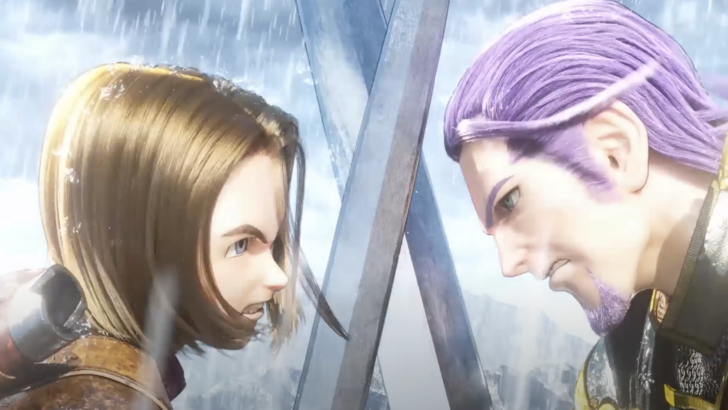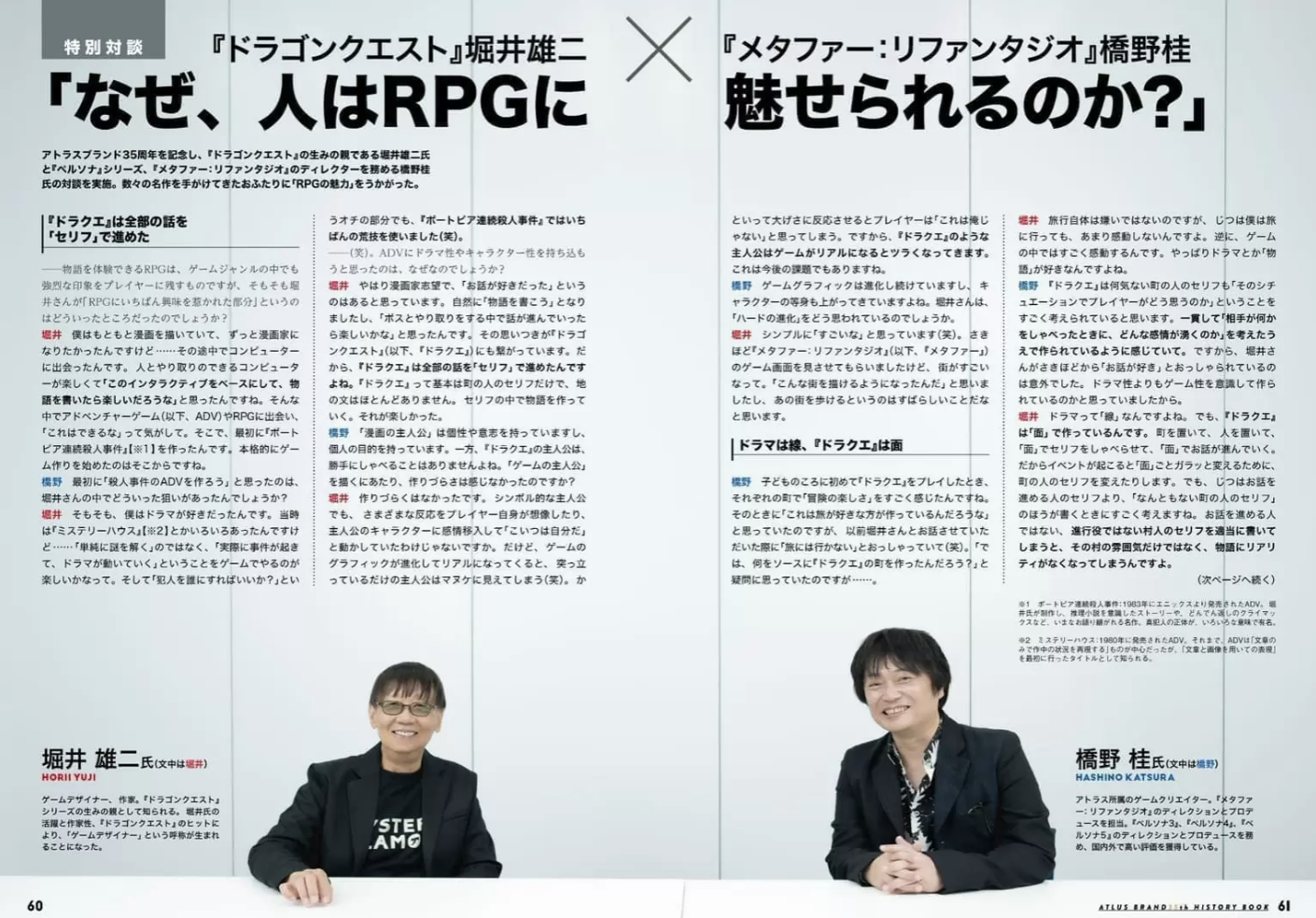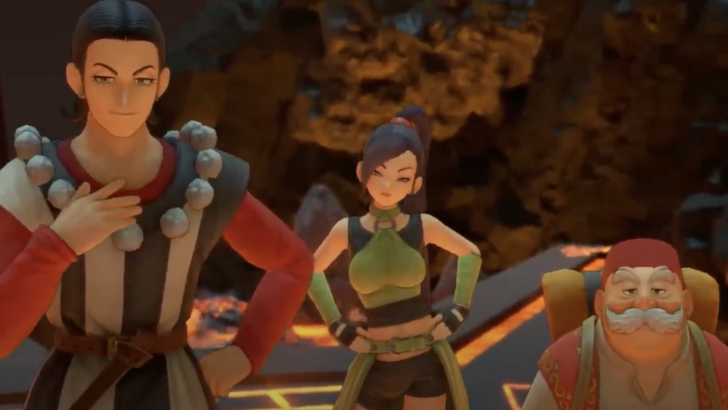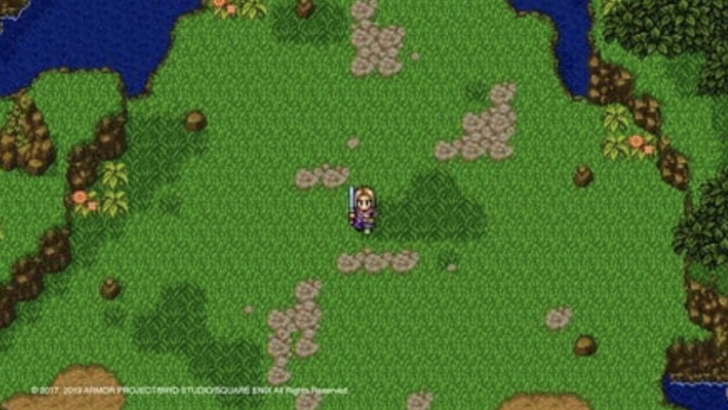
The Evolving Role of Silent Protagonists in Modern RPGs: A Conversation Between Dragon Quest and Metaphor: ReFantazio Creators
This article features a discussion between Yuji Horii, creator of the iconic Dragon Quest series, and Katsura Hashino, director of Atlus' upcoming RPG, Metaphor: ReFantazio. The conversation, excerpted from the Metaphor: ReFantazio Atlas Brand 35th Anniversary Edition booklet, explores the challenges of using silent protagonists in a landscape of increasingly realistic game graphics.

Horii, referring to the Dragon Quest protagonist as a "symbolic protagonist," highlights the series' reliance on silent characters to enhance player immersion. Players project their own feelings onto the character, shaping the narrative experience. This approach, he explains, was particularly well-suited to the simpler graphics of earlier games, where limited animation made a silent protagonist less jarring. "With more realistic graphics," Horii quips, "a silent protagonist just looks like an idiot!"

Horii's background as an aspiring manga artist and his passion for storytelling heavily influenced Dragon Quest's design. The game's narrative unfolds primarily through dialogue, minimizing direct narration. This reliance on dialogue, he notes, is a key element of the game's appeal.

However, Horii acknowledges the challenges of maintaining this approach in modern games. The simplistic graphics of the NES era allowed players to readily fill in the emotional gaps left by the silent protagonist. The increasing visual and audio fidelity of modern games, however, makes this approach increasingly difficult to execute effectively. He concludes that the Dragon Quest style of protagonist will present ongoing challenges in the future.

Dragon Quest stands out among major RPG franchises for its continued use of silent protagonists. In contrast, series like Persona feature fully voiced protagonists, a trend also adopted by Hashino's Metaphor: ReFantazio.
Hashino praises Horii's approach, emphasizing the emotional intelligence embedded within Dragon Quest's design. He notes the game's consistent focus on the player's emotional response to in-game interactions, even with seemingly minor characters. This player-centric design, he suggests, is a testament to the series' enduring success.









